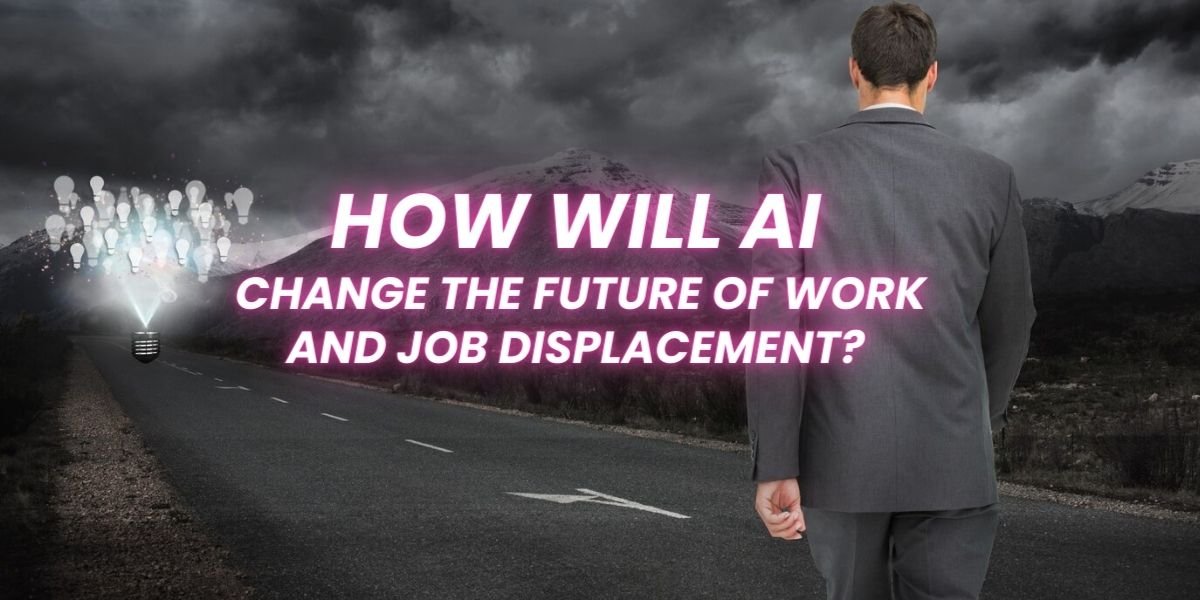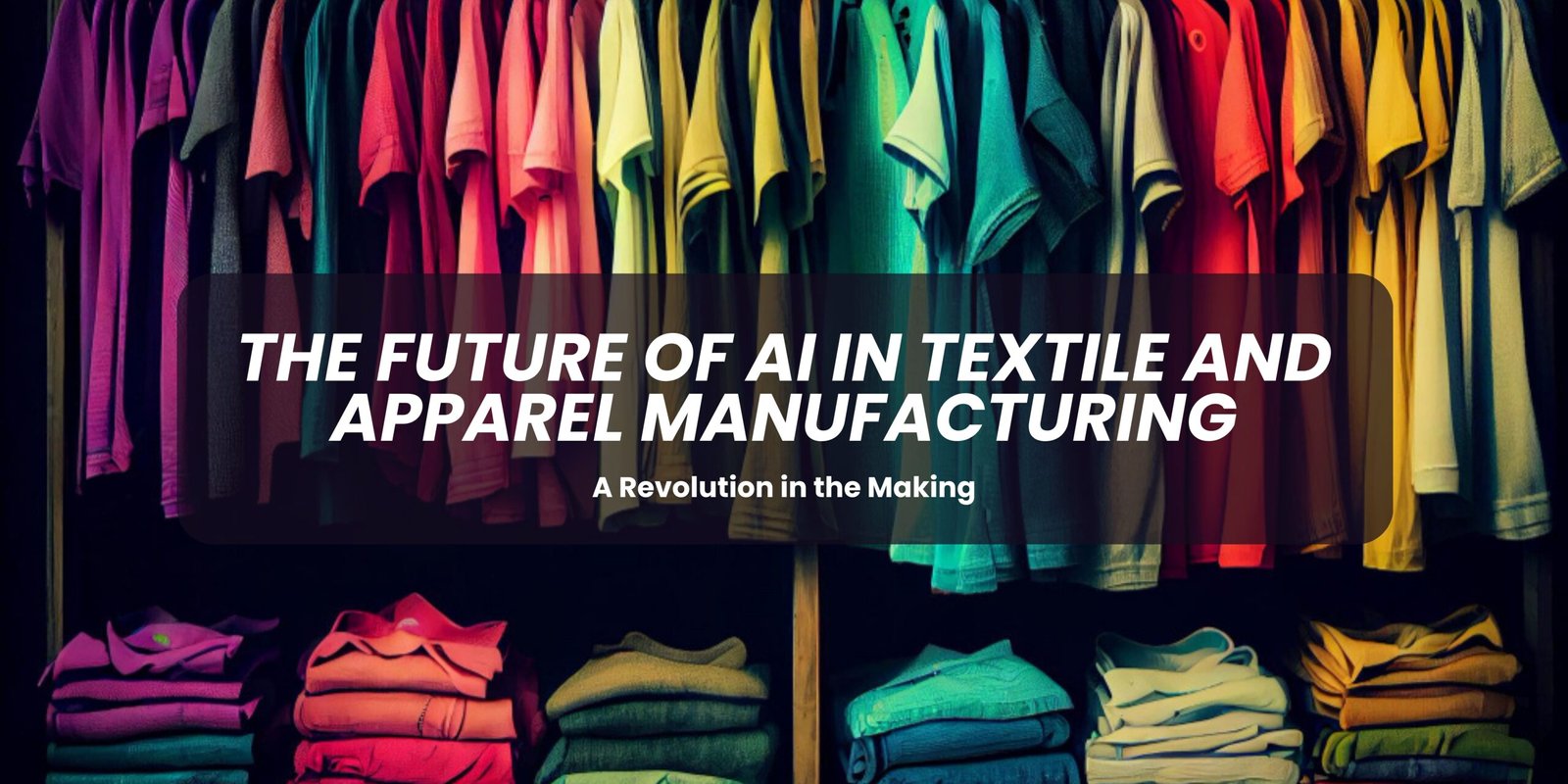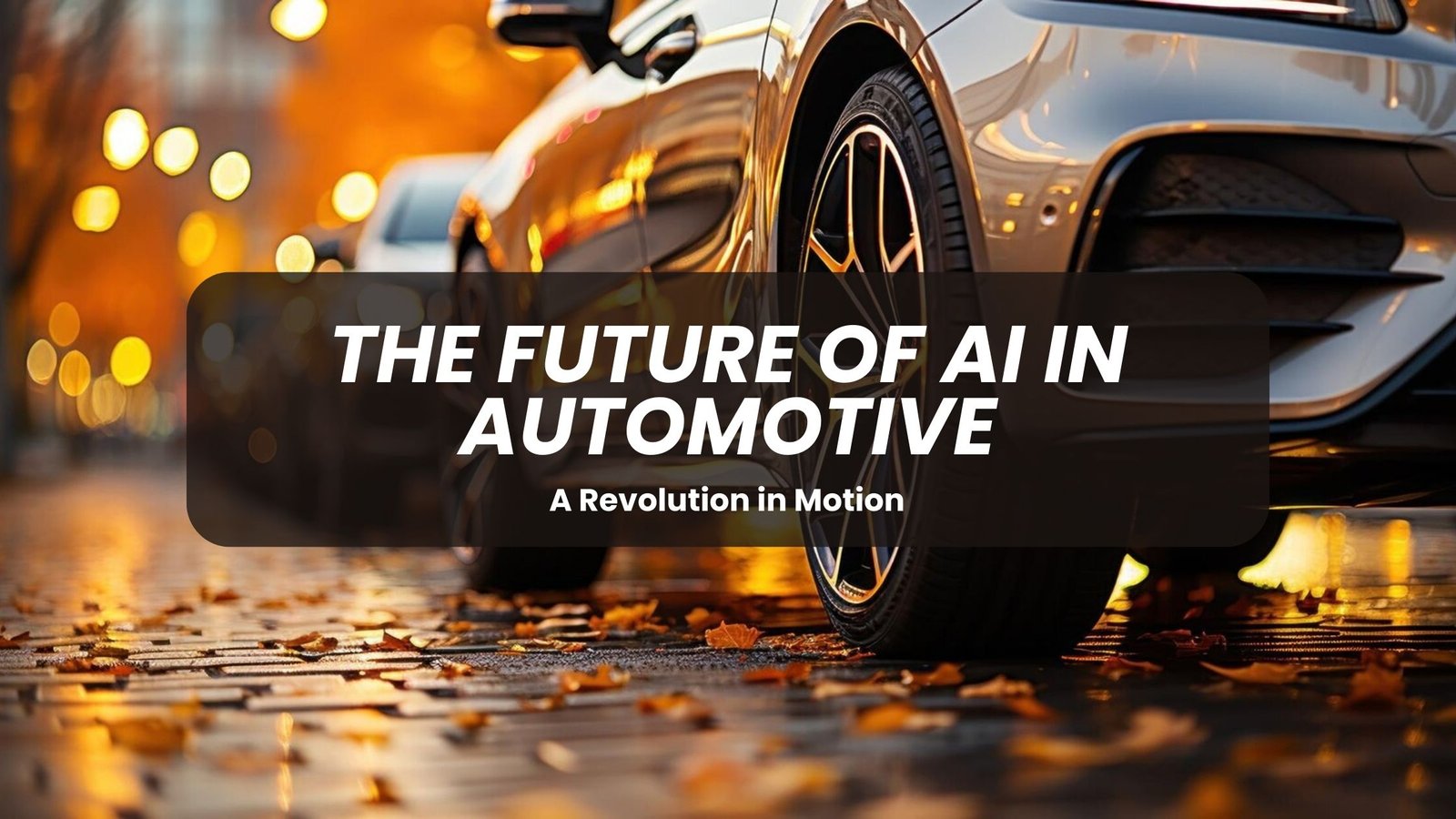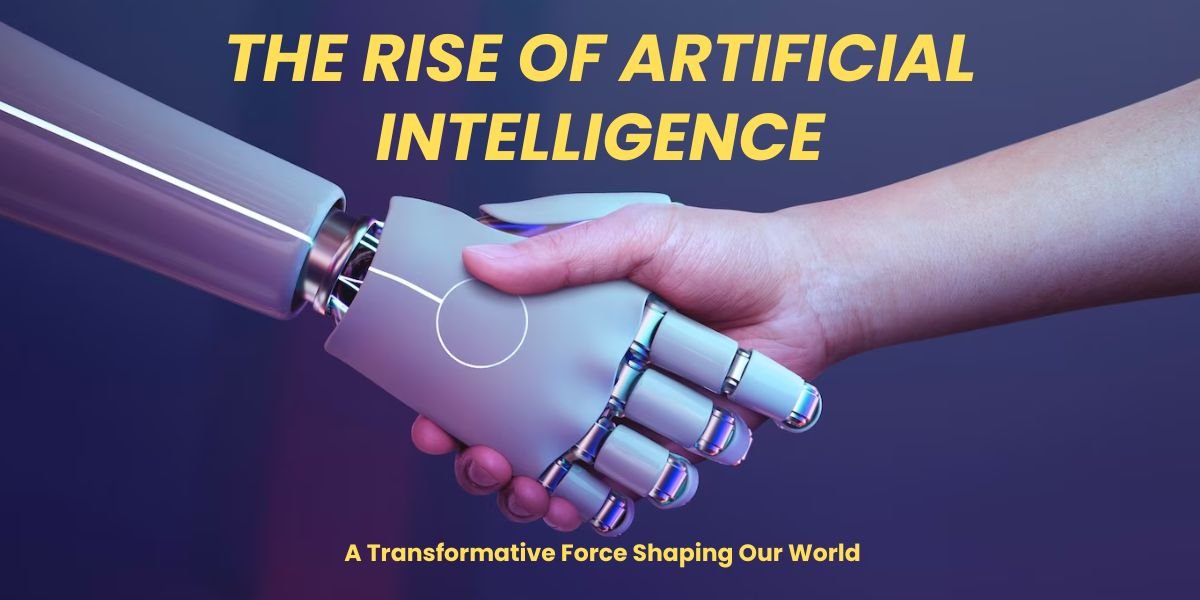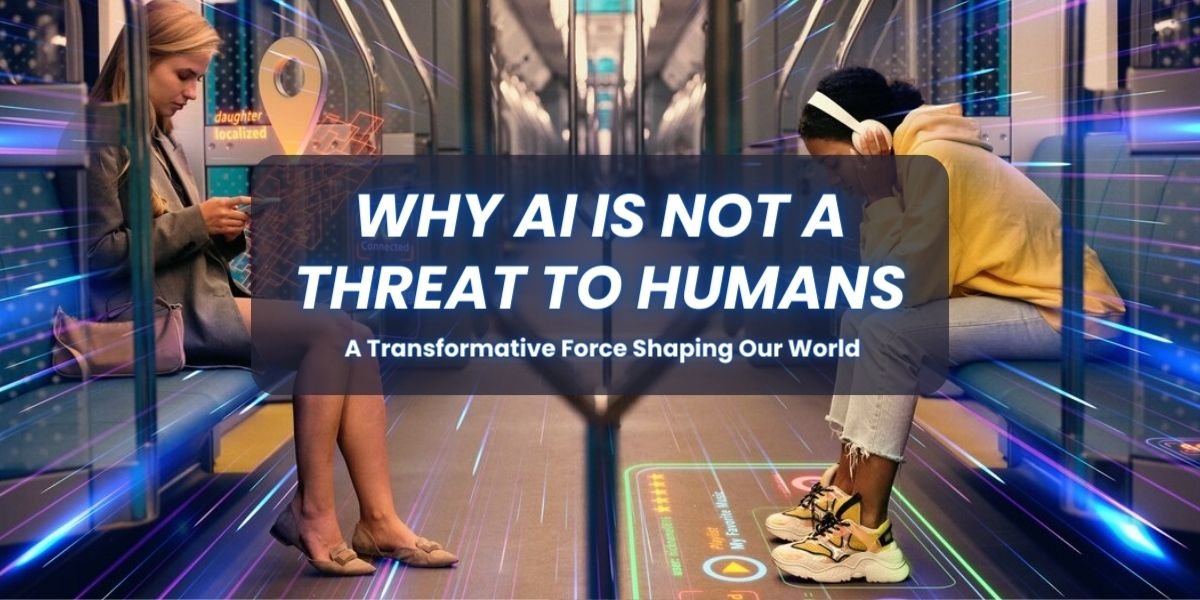How will AI revolutionize the field of healthcare?
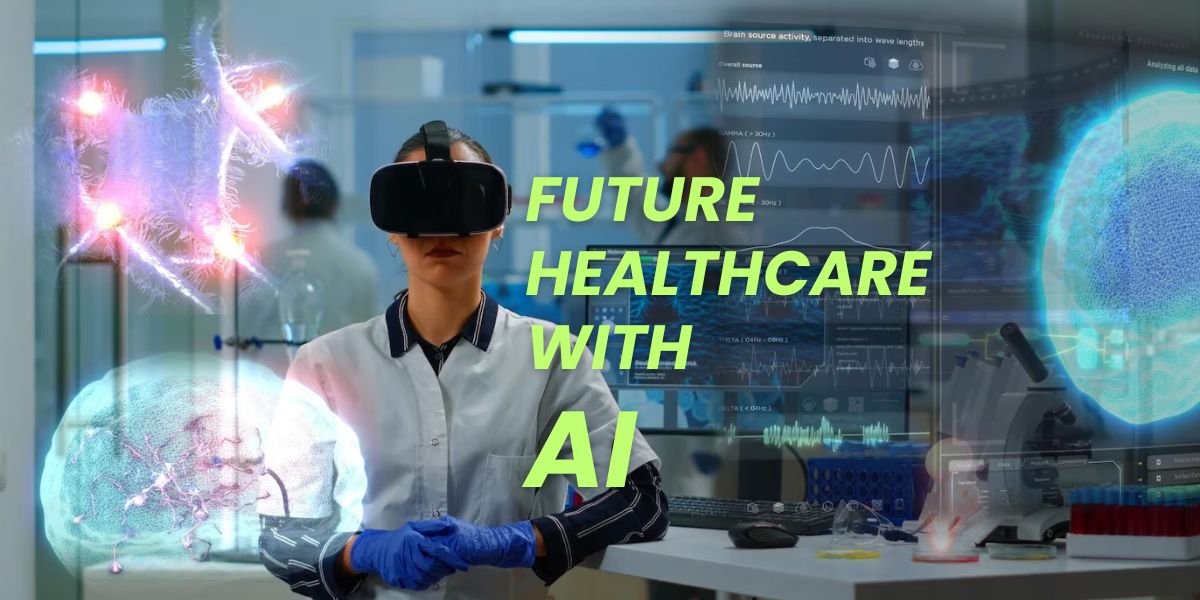
Artificial intelligence (AI) isn’t just transforming industries like technology and finance – it’s poised to revolutionize the very foundation of our well-being: healthcare. The question on everyone’s mind is, “How will AI revolutionize the field of healthcare?” From the doctor’s office to the research lab, AI is changing the way we diagnose diseases, develop treatments, and interact with the healthcare system.
Imagine a world where computers can analyze medical images with greater accuracy than the most experienced radiologists, catching early signs of cancer that might have otherwise been missed. AI algorithms could comb through a patient’s health data and create personalized treatment plans that wouldn’t be possible through traditional methods. What if surgical robots, guided by AI, could perform complex procedures with unparalleled precision, reducing complications and recovery time? Perhaps most immediately, virtual health assistants powered by AI could be available around the clock, answering your medical questions, triaging symptoms, and even providing mental health support.
The potential of AI in medicine feels limitless. It promises to make healthcare more efficient, more accurate, and more accessible to people around the world. We’re on the cusp of a healthcare revolution, and AI is at its heart. In this blog post, we’ll explore the incredible ways AI is reshaping the medical landscape, from the way we detect diseases early to the ways we design the life-saving treatments of the future.
AI-Powered Diagnosis: Faster, More Accurate
How will AI revolutionize the field of healthcare? One of the most profound answers lies in its potential to transform diagnostics. Imagine a world where diseases are detected earlier, their progression is accurately predicted, and misdiagnoses become far less common. AI is making this world a reality.
At the heart of AI-powered diagnosis are machine learning algorithms trained on massive datasets of medical images. These algorithms analyze X-rays, CT scans, MRIs, and other imaging modalities with astonishing speed and precision. AI can pick up on subtle changes in tissue patterns, abnormalities, and disease markers that might be difficult for even the most experienced radiologist to spot.
The implications are enormous. AI-powered diagnosis could lead to earlier detection of cancer, giving patients a crucial advantage in treatment. In neurodegenerative diseases like Alzheimer’s, where early signs are often subtle, AI image analysis could potentially detect changes years before conventional diagnosis – a window of opportunity for interventions to slow disease progression.
Beyond image analysis, AI excels at pattern recognition in vast datasets. By combining imaging data with patient health records, genetic information, and lifestyle factors, AI algorithms can predict an individual’s risk of developing diseases. This type of predictive diagnosis could prompt preemptive interventions, potentially preventing chronic conditions or tailoring early treatment plans that significantly improve outcomes.
While AI-powered diagnosis holds incredible promise, it’s important to remember that it’s a tool, not a replacement for human expertise. The most effective approach will be a collaborative one, where AI augments the skills of doctors, leading to faster, more accurate, and ultimately better patient care.

Personalized Treatment: Tailored to You
How will AI revolutionize the field of healthcare? One of the most profound answers lies in personalized medicine. For decades, healthcare has followed a largely “one-size-fits-all” approach. But we know that each person is unique—their genes, environment, and medical history all shape how their bodies respond to illness and treatment. This is where AI comes in.
Imagine a world where your doctor isn’t just consulting a textbook but analyzing millions of similar cases, along with your specific health data. AI can sift through this massive information pool, finding patterns and insights a human alone might miss. This helps pinpoint the precise combination of medications, therapies, and lifestyle changes most likely to work for you.
The benefits are enormous. Instead of trial-and-error with medications, you could get the right prescription the first time, minimizing side effects and wasted time. AI-powered tools could predict your risk for certain diseases, guiding you towards prevention strategies that are truly effective for your body. In cancer treatment, AI could design therapies that target the exact genetic makeup of your tumor, increasing the chances of success.
Personalized medicine isn’t about replacing doctors; it’s about giving them even more powerful tools. AI can unlock an unprecedented level of precision in healthcare, leading to better outcomes, improved quality of life, and a future where treatment feels less like guesswork and more like a plan tailored just for you.
Robot-Assisted Surgery: Precision and Safety
While the phrase “robot surgeon” might sound like science fiction, robot-assisted surgery is a rapidly evolving reality in modern healthcare. These systems don’t replace the surgeon; rather, they act as a powerful extension of the surgeon’s skills. How will AI revolutionize the field of healthcare? In surgery, AI plays a crucial role in enhancing these robotic systems, pushing the boundaries of precision and safety.
The surgeon sits at a console, controlling the robotic arms that wield tiny surgical instruments. AI-powered image processing provides a high-definition, 3D view of the surgical site, far superior to what the naked eye can see. The robot translates the surgeon’s hand movements with incredible accuracy, filtering out tremors and allowing for movements within minuscule spaces.
Benefits of robot-assisted surgery include smaller incisions, resulting in less blood loss, faster healing, and reduced scarring. Patients often experience less pain and a shorter hospital stay. AI further enhances this by providing real-time guidance to the surgeon, making those movements even more exact and minimizing the risk of complications.
As AI continues to evolve, we can expect surgical robots to be capable of even greater autonomy and complex decision-making. The goal isn’t to take the human out of the operating room, but rather, to empower the surgeon with unparalleled tools to achieve the best possible outcomes for patients.
Drug Discovery and Development: A New Era
How will AI revolutionize the field of healthcare? One profound way is by revamping the traditional drug discovery and development process. Bringing a new drug to market is an incredibly lengthy and expensive endeavor, often taking a decade or more with a high risk of failure. AI is introducing a paradigm shift in the way we identify and test potential medicines.
AI algorithms possess an unparalleled ability to comb through vast databases of biological and chemical information. They can pinpoint molecules that have a higher likelihood of interacting with disease targets. This dramatically speeds up the initial stages of drug discovery, potentially shaving years off the timeline. Moreover, AI can help design and optimize clinical trials. By analyzing patient data, AI models can suggest more targeted participant selection and help predict the likelihood of a drug’s success or flag potential safety concerns early on.
AI isn’t just about finding new drugs; it’s also about repurposing existing ones. Analyzing data on existing medications and their side effects can reveal unexpected applications for diseases they weren’t originally intended for. This opens a promising avenue for finding new treatments faster and more cost-effectively. While drug discovery and development will always involve a complex mix of science and experimentation, AI is becoming a powerful catalyst for innovation, bringing hope for new breakthroughs against diseases that currently lack effective cures.
Virtual Health Assistants: Care at Your Fingertips
How will AI revolutionize the field of healthcare? One prominent way is through the rise of virtual health assistants. These AI-powered chatbots and virtual companions transform how people access healthcare information, manage their health, and receive support.
Imagine having a knowledgeable healthcare assistant available 24/7, right on your smartphone. These virtual assistants can answer basic health questions, helping you understand symptoms or decide whether a doctor’s visit is necessary. They can provide medication reminders, ensure you adhere to your treatment plan, and even offer mental health support through guided exercises or simple conversation when you’re feeling stressed or anxious.
For people in remote areas or with limited mobility, virtual assistants offer a lifeline. They provide a way to have those initial health concerns addressed without having to travel long distances or wait for appointments. Virtual assistants can also play a crucial role in chronic disease management, sending reminders for checkups, logging important health data, and providing encouragement.
Moreover, virtual assistants help reduce the strain on overburdened healthcare systems. By triaging common inquiries and providing essential support, they free up doctors and nurses to focus on complex cases requiring their in-person expertise.
While a virtual assistant can never replace a human doctor, they are rapidly becoming a valuable tool in modern healthcare: offering convenience, accessibility, and a new level of personalized care right at your fingertips.
Predictive Analytics: Preventing Illness
Imagine a world where doctors could not only treat illnesses but also prevent them from occurring in the first place. AI’s ability to analyze massive amounts of data is making this a reality. Predictive analytics is one of the ways AI is set to transform healthcare. By sifting through a patient’s medical history, genetic information, lifestyle habits, and even environmental data, AI algorithms can identify patterns that signal an increased risk for various diseases.
For example, AI might identify that a person with a family history of heart disease, high blood pressure readings, and a sedentary lifestyle is at a significantly elevated risk for a heart attack. Armed with this knowledge, the doctor and patient can work together to implement proactive measures. These could include lifestyle changes like diet and exercise, more frequent monitoring, or even preventive medication.
Predictive analytics doesn’t just work on an individual level. By analyzing large population health datasets, AI can pinpoint areas where specific diseases are more prevalent. This information can guide public health interventions, like targeted screenings or awareness campaigns focused on high-risk groups. The potential of predictive analytics is immense. It could change the way we approach healthcare, shifting the focus from reacting to illness to actively preventing it. This ultimately leads to healthier lives and reduced strain on healthcare systems.
Overcoming Challenges and Building Trust
The integration of AI in healthcare, while immensely promising, isn’t without its challenges. Here’s where careful consideration and responsible action are necessary:
Data Privacy: Healthcare data is incredibly sensitive. Ensuring robust data security and privacy protocols is paramount. Patients need to trust that their information won’t be misused or fall into the wrong hands. Strict regulations and transparent data handling practices are vital.
Algorithm Bias: AI algorithms can inadvertently perpetuate existing biases present in the data they’re trained on. It’s crucial to develop AI systems that are fair, unbiased, and don’t discriminate based on factors like race, gender, or socioeconomic status.
The Need for Human Expertise: While AI is a powerful tool, it cannot fully replace the judgment and empathy of a skilled physician. AI should be seen as an augmenting force, assisting doctors in making better-informed decisions, rather than as a substitute for human care.
Regulatory Oversight: Clear guidelines and regulations are needed to ensure the safe and ethical development and deployment of AI in healthcare. These frameworks will help foster both innovation and public trust.
Building trust between patients, healthcare providers, and AI technology is essential for its widespread adoption and to reap its full benefits. How will AI revolutionize the field of healthcare? It boils down to a collaborative effort where AI’s potential is harnessed responsibly, addressing concerns proactively to create a future where technology and human expertise work hand-in-hand for the betterment of patient care.
Conclusion
The question “How will AI revolutionize the field of healthcare?” is not just about the technology itself, but about a fundamental shift in how we approach health and well-being. AI holds the potential to make healthcare more accurate, more personalized, and more accessible to those who need it most. As we’ve seen, AI-powered tools can help doctors make diagnoses earlier, tailor treatments to the individual patient, and even perform complex surgeries with unmatched precision.
Beyond clinical applications, AI can streamline administrative processes, freeing up resources and allowing healthcare providers to focus on what matters most: patient care. By analyzing massive datasets, healthcare systems can uncover patterns and optimize resource allocation to improve the overall patient experience.
While there are challenges to navigate, the future of AI in healthcare is incredibly bright. Collaboration between clinicians, researchers, and AI developers will be essential to ensure that these technologies are used ethically, responsibly, and for the benefit of all. If we continue to invest in innovation and address ethical concerns, AI has the potential to transform healthcare from a system focused on treating illness to one that prioritizes wellness and prevention. The revolution is underway, and the potential for improving human health and well-being is truly limitless.
F&Qs
Answer: No, AI is not intended to replace doctors. Instead, it’s designed to augment their expertise and decision-making abilities. AI can analyze vast amounts of medical data and offer insights that might be missed, but doctors will always be needed for their judgment, empathy, and ability to build strong patient-provider relationships.
Answer: Data security is a top priority in healthcare AI. Robust security protocols, encryption, and de-identification techniques are used to protect sensitive patient information. Strict regulations and guidelines are in place to ensure healthcare AI systems adhere to the highest privacy standards.
Answer: AI has the potential to reduce bias, but it’s crucial to recognize that algorithms can learn biases if the data they are trained on is biased. Developing unbiased AI requires careful data selection, algorithm design, and ongoing evaluation to prevent the reinforcement of existing inequalities.
Answer: The cost of AI healthcare solutions varies. Some tools may be affordable for smaller clinics, while others require significant investment. However, as AI becomes more widespread, costs are likely to decrease. Additionally, the potential return on investment through improved efficiency, better patient outcomes, and reduced long-term healthcare expenses must be considered.
Answer: AI systems designed for healthcare are generally intuitive and user-friendly. Appropriate training and support are crucial for smooth integration into workflows.
Answer: Yes! AI-powered virtual assistants, telemedicine, and remote patient monitoring tools can help bridge access gaps for those in remote areas or with limited mobility.
Answer: There are many resources available online, including articles, research papers, and webinars that give you a deeper dive into this fascinating field.
Answer: Some challenges include data privacy concerns, the need for regulatory frameworks, concerns about algorithm bias, and the cost of implementation.
If you appreciate this information, please share it.




